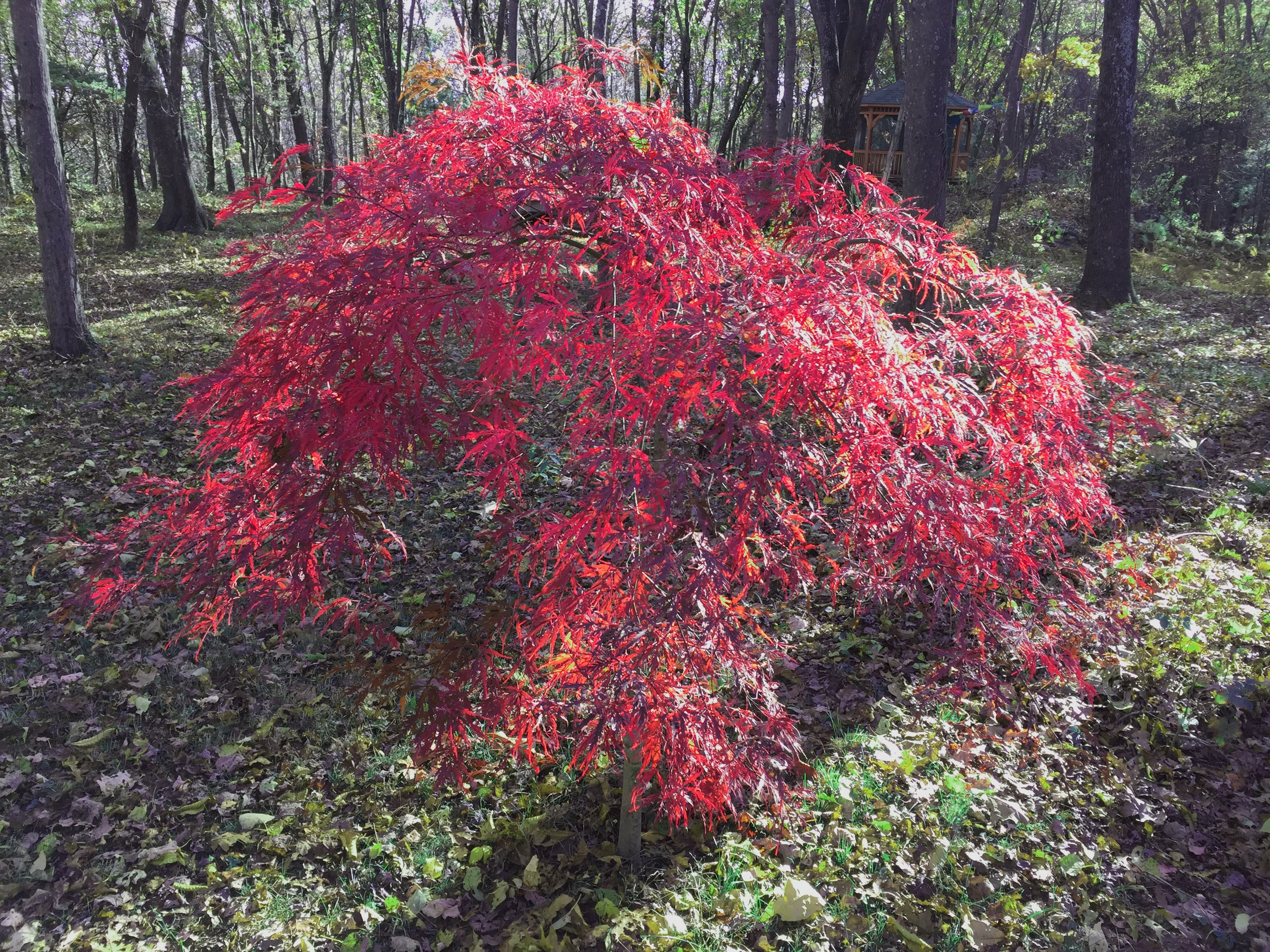The Art of Unselfconscious Living
(Published in the Newburyport Daily News newspaper, May 6, 2022)
I woke this morning and headed out onto my front deck to do some mindful stretching in the early morning dappled sun. My little black cat followed me out, and as I stretched, she began to rub against one of the rocks that is placed on the edge of the deck. I stopped and watched her as she rolled against the warm rock. She was so uninhibited, and then she got too close to the edge and rolled right off. She fell about three feet twisting as she did so and landed right on her feet. I watched her face to see if she seemed shy, confused, or embarrassed. Nope. She just sat there, looked around and began munching on a fresh spring blade of grass and that was that.
What is it that makes our minds hesitate and squirm in self-consciousness? Is it the social signals that keep us trying to live within certain norms for acceptance? Is it a deep-seated fear of not being good enough, not knowing we are enough, and so looking for outer validation instead of inner strength and ease?
Many people come to mindfulness practice as a technique to find more calm, focus, and perhaps a sharper, more responsive and true moral compass. But for me the inner meditative journey has had a different flavor as well.
Shortly after I graduated from College (Tufts `85) I headed off to Japan in search of a Zen Master to train with. When I met the head of one of the monasteries I visited, Tangen Harada Roshi, immediately I knew I had something important to learn from him, so I threw myself into the tough monastic lifestyle at his center near the rugged sea coast some hours from Kyoto. I began to take on responsibilities like ringing the morning bell to wake up the community at 3:30 am. The sound of the giant bell would echo through the hills to the nearby village below. Another task was to translate for him when other foreigners came to train. He and I would sit side by side in our black robes, the students seated in front on a tatami mat floor. The Zen Master sat seemingly like a mountain, his words uttering forth from within the grounded stillness. The students may have been tense during the dialogues, but he was not.
One time someone said something that he must have thought was very funny. He didn’t laugh a lot, but when he did it was like the sound of that resounding morning temple bell ringing deep and true. He wore dentures, and when he erupted in laughter they came flying out and across the tatami mat floor in the gap between the students in front of us. I was observing him closely as he simply leaned over, deeply stretched out his arms, picked up the dentures, put them back in his mouth and continued on with such ease you wouldn't have thought anything out of the ordinary had happened.
These stories are an expression of a natural way of being. Mindfulness is both an expression of this and a gateway to it. We learn to bring full care and attention into how we are actually living, in a clear, relaxed and steady way. When we do so we feel more at home in our bodies, and with our thoughts and emotions. Each moment has its completeness, and we, just as we are, are naturally part of it.
For mindfulness meditation practice opportunities please come and join us at the Insight Meditation Center of Newburyport (IMCNewburyport.org).
